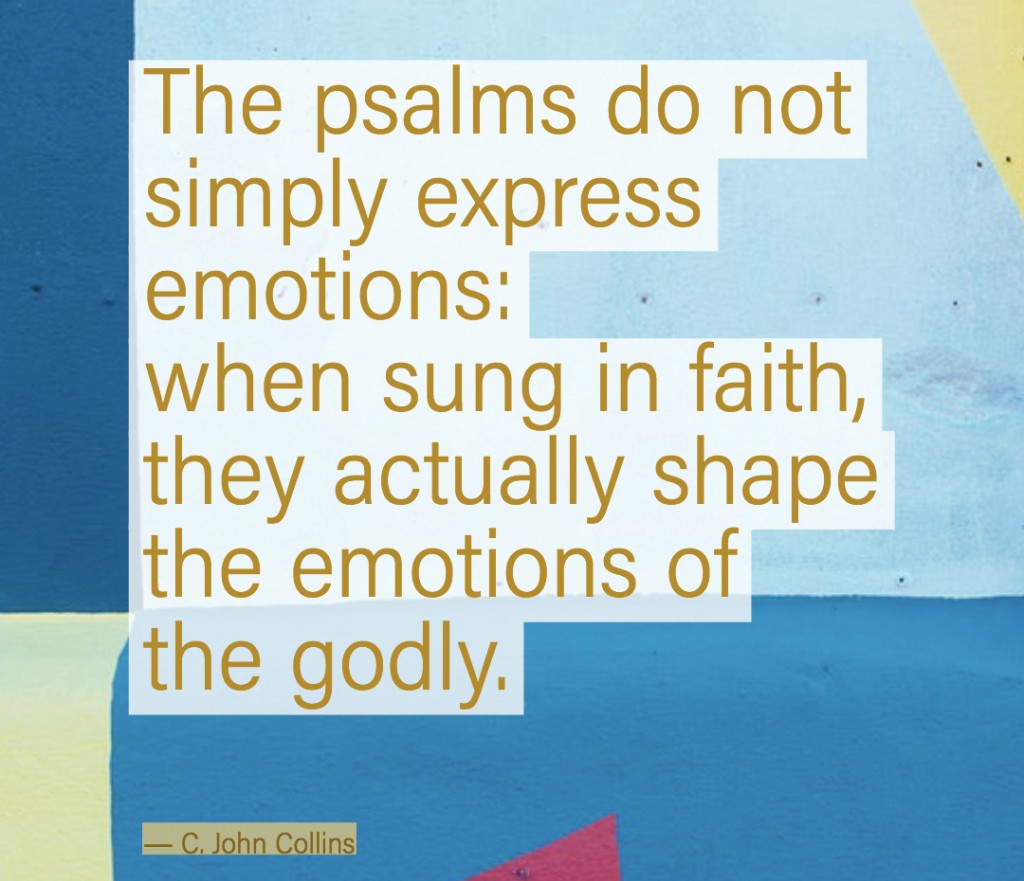You have free articles remaining this month.
Subscribe to the RP Witness for full access to new articles and the complete archives.
In my freshman year at Erskine College, a group of us students discussed the use of words. The specific discussion revolved around certain words like marvelous or awesome. Should words like these be reserved only for praising God?
This discussion was at the end of the 1980s, and the term awesome was of particular interest since it was ubiquitous in the youth culture. I do not remember if we resolved the question that day, but it does remain an issue for us today. What words do we use to give praise to God?
In non-inspired hymns and praise songs, the appropriateness of language can be an issue. As my former choir director used to tell me, “I cannot stand that Jesus-is-my-boyfriend music!” As a church, especially as we consider prayer, we need to address this issue of language. Are there words we should use only for God? Furthermore, what language do we use to express our love for God?
For us as English speakers, this is problematic. Take the word love, for example. We love God, and we love ice cream. Clearly the term love has two different levels of meaning. Our love for God is far different from our love for ice cream. Do we mean the same thing as the Teenage Mutant Ninja Turtles when they exclaim “Awesome” over a pepperoni pizza as we do when we call God awesome? Clearly, we do not.
Where can we turn for language to praise God that is appropriate and proper? We turn to the Psalms of praise. John Calvin famously said that the Book of Psalms contained all the human emotions. In the Psalms, we find language to praise the Lord. Consider the calls to worship used in Re-formed churches; they are almost always a psalm calling us to praise and worship God.
Why do we need the Psalms to help us praise the Lord? In coming before the Lord, who is beyond our scope of complete comprehension, we need to know how to praise Him. He has given us this knowledge in the Psalms of praise. The words and phrases found there should be the building blocks of our prayer and praise.
Psalm 148 is the most popular Psalm of praise in the Associate Reformed Presbyterian Church. This psalm is the denominational anthem we sing at almost every Synod. In its words, we see how we are to praise God. In this psalm, we see that the Lord is worthy of praise from all men, both high and low. Sun, moon, birds, rocks, and seas are to praise the name of Jehovah. Why is this? His name alone is high, and His glory is above the earth and sky.
When we read and study the Psalms of praise, we must concentrate on how the Bible articulates praise to God. These psalms should inform and instruct our prayers in the pulpit as ministers, but every Christian should also seek the best language and expressions to praise God in their prayers.
Dr. Hughes O. Old, a professor at Erskine Seminary in the early 2000s, taught a class called “Praying the Psalms.” He told a story of being a young minister and asking about the language of prayer. They told him to look at the Episcopalian Book of Common Prayer. Dr. Old said it seemed Presbyterians could do better than turning to the prayerbook. Dr. Old pointed us to the Psalms, and he is correct. The Book of Psalms should be our starting point for all sorts of prayer, especially as we approach God in adoration and praise.
I often do my Bible reading and prayer in the early morning when the house is quiet. I will break up my time into different areas of prayer. Typically, I begin my prayers with a Psalm of praise. In the early morning, my heart is warmed by the words of Scripture and quietly singing a psalm. I find it easy to express myself to God as I list my sin in confession, count my blessings in thanks-giving, or lift needs in supplication. However, adoration and praise can often seem wooden. That is when we can turn to the Psalms of praise to help us express our great love for God and to help us deal with the inadequacy of our language and find common words to help us praise an eternal, perfect, and unchangeable God.
Praise is an area where it is easy to fall into a stale way of praying. We use a few terms and phrases, which push us through to the other parts of prayer. We must take time to focus on the language of praise, and there is nowhere better than the Psalms of praise.
